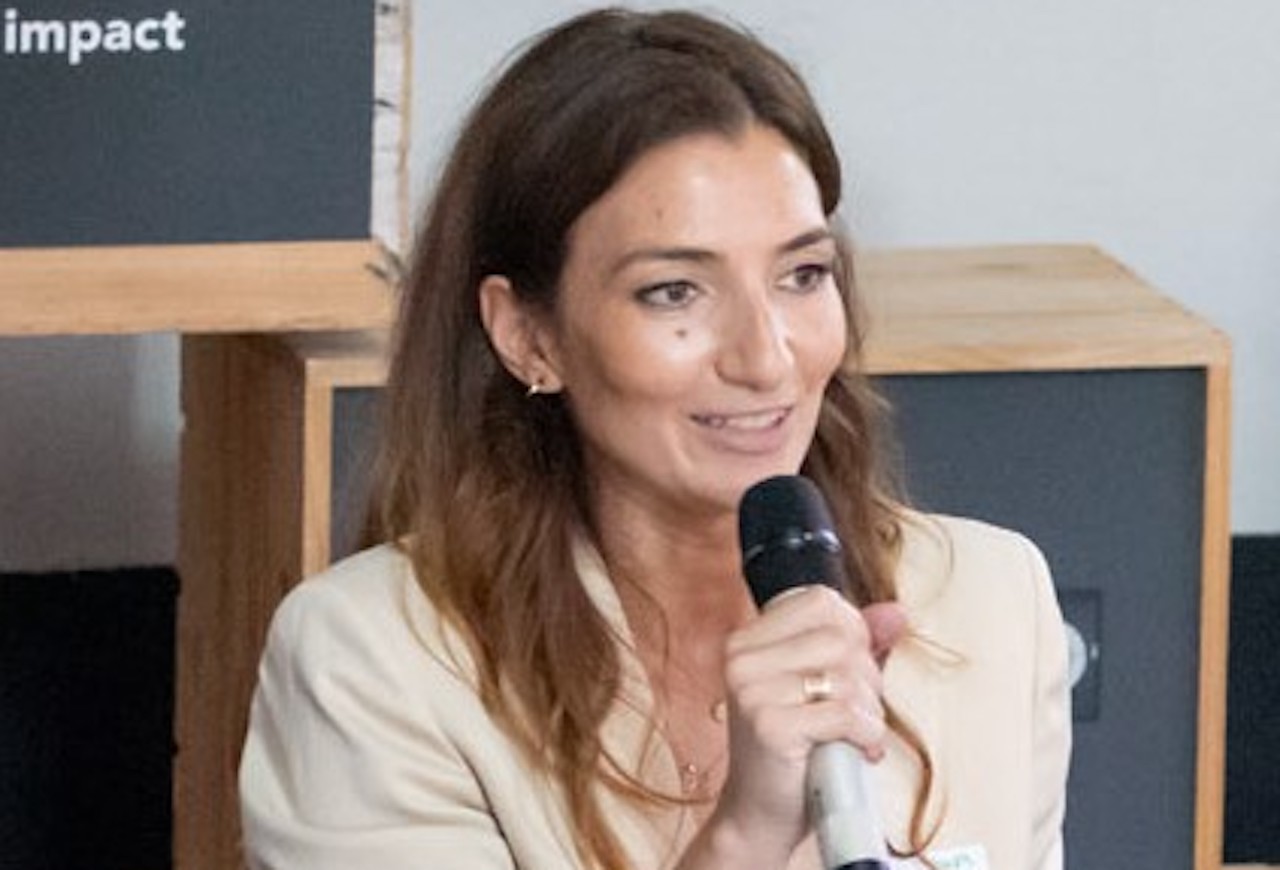Esade Center for Social Impact will host its Impact Investing Days event in Barcelona this week, highlighting the growth in impact investing in the Spanish market and across Europe.

2023 Impact Investing Days, an annual event bringing together impact investment practitioners and academics working on the development of impact investing both in Europe and globally, comes to Spain for the first time and will be hosted by the Esade Business School in collaboration with Danish Copenhagen Business School and French Audencia Business School.
Launched in 2018 by Copenhagen Business School to create a bridge between the two communities in order to drive more informed decisions in the development of the sector, the event will welcome practitioners, social entrepreneurs and academics from universities and business schools across Europe.
The event, which takes place on Thursday and Friday this week at the Esade Business School campus in Barcelona, will debate a wide range of themes from impact performance and compensation to intensify intentionality and commitment to impact, to current academic research topics such as the valuation of impact and the measurement and management of social impact, among others.
Speaking to Impact Investor, Suwen Chen, postdoctoral research fellow at the Esade Center for Social Impact, said: “Impact investment practitioners and academics and researchers rarely have the opportunity to come together to share experiences and knowledge. This is what Impact Investing Days is trying to do. In breaking down these silos, with at least one academic and one practitioner at each session, we hope to promote meaningful collaboration.”

Speakers include impact investment experts from firms such as Raise Impact, Oryx Impact and Phitrust, social innovation fund Rethink Ireland, non-profits UpSocial and EVPA and leading academics in the area of impact from the Government Outcomes Lab at the University of Oxford, Esade Business School, the Hertie School in Berlin and the University of Milan, among others.
Developing meaningful impact
Chen said that while resource constraints meant impact investment practitioners were not always able to dedicate time to research, academics could also feel far removed from the operational side of impact investing.
“As academics it can be easy to find ourselves confined to our ivory tower of research and lose touch with what is happening on the ground, especially given the nature of impact investing as an emerging but growing field. It’s extremely important to have this contact with practitioners to ensure our research is meaningful and can have a real-life impact, ” she said.
Chen said she hoped the event would uncover new opportunities for collaboration between academia and impact investment practitioners.
“A practitioner may have lots of data for example, but not the time or the means to process and learn from it. The event is a great opportunity for researchers to approach practitioners and offer to do research using their datasets, theorising these and proposing new approaches that bring academic rigour and go beyond a simple consultancy process,” Chen added.
Impact washing and impact integrity
Speaking to Impact Investor, Marta González Labián, director of sustainable and impact finance for SpainNAB, who is moderating a morning session focusing on the ‘hot topics’ in impact investing, said the continued confusion around what constitutes impact investing and the high incidence of impact-washing practices, made these topics particularly important for discussion.
“We need to continue to debate these questions if we want to grow the market and scale impact investment funds with integrity,” she said, explaining that SpainNAB had put together a taskforce of impact investment managers, ethical banks and foundations, who had been working through these questions for the past year to drive consensus across the Spanish industry on a definition for impact.

She said the decision to host Impact Investing Days in Spain was testimony to the growing momentum and appetite for impact investing in the country, which she said had grown from a market of just €92m in 2018, to €436m in 2021. This is the total investment in impact funds although the wider impact market in Spain, which includes ethical banking loans to social entrepreneurs, crowdfunding or foundation-led investment, is much bigger, estimated at around €2.4bn in 2021.
“The market is growing very fast, but we now need to broaden our horizon to a wider group of private and institutional investors as well as retail investors through innovative financial products,” she said. With new funds launching every year, we think the market will continue to accelerate year-on-year, making reaching a consensus on what impact means and putting in place the right governance framework all the more critical.”






